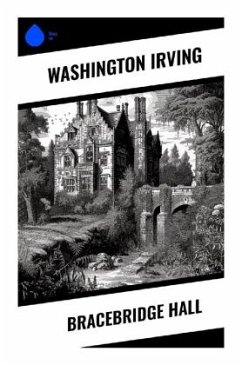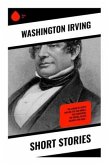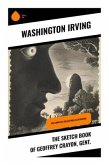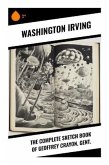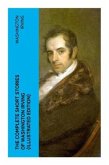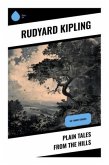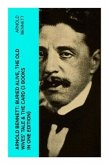In "Bracebridge Hall," Washington Irving masterfully weaves a tapestry of American life in the early 19th century through a series of charming vignettes. The narrative unfolds in a picturesque English countryside estate, blending humor, social commentary, and nostalgia. Irving's signature romantic style shines through in his lush descriptions and playful prose, presenting a microcosm of both rural aristocracy and the emerging American identity. The book captures the complexities of human nature and societal norms, highlighting the contrast between the idyllic past and the rapidly changing present, thus situating itself within the rich context of American romanticism. Washington Irving, often hailed as the father of American literature, had a profound impact on the literary landscape of his time. Drawing from his own travels and experiences in both Europe and America, Irving's works frequently reflect his fascination with culture, history, and personal storytelling. "Bracebridge Hall," published in 1822, emerged during a period of growing national consciousness, where Irving sought to balance his European influences with distinctly American themes, shaping the literary identity of the United States. I highly recommend "Bracebridge Hall" to readers interested in the nuanced exploration of American culture through an engaging and witty lens. Irving's keen observations and endearing characters make this work an essential read for anyone seeking to understand the foundations of American literature and the evolution of its thematic concerns.
Bitte wählen Sie Ihr Anliegen aus.
Rechnungen
Retourenschein anfordern
Bestellstatus
Storno

